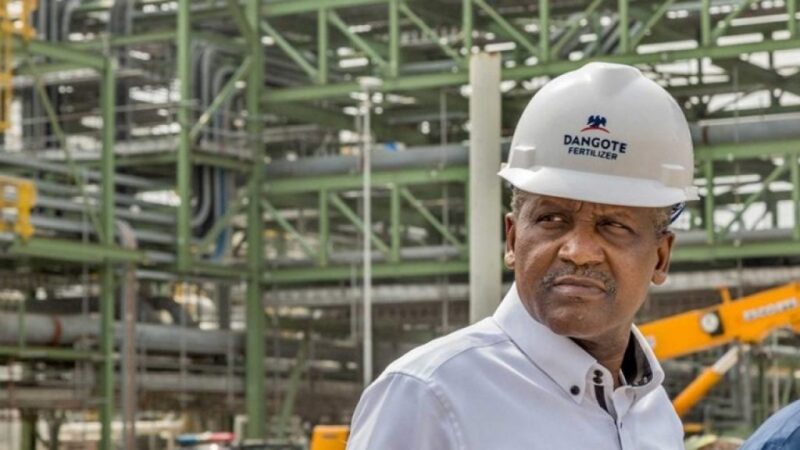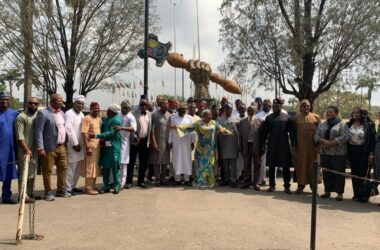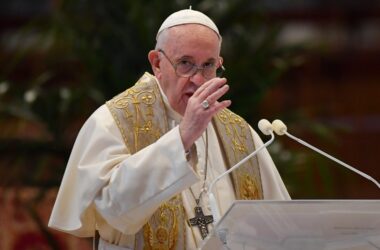Ghana may soon shift its petroleum import strategy by sourcing fuel from Nigeria’s Dangote Petroleum Refinery, reducing its reliance on costly imports from Europe. This potential shift was highlighted by Ghana’s National Petroleum Authority (NPA) Chairman, Mustapha Abdul-Hamid, during his remarks at the OTL Africa Downstream Oil Conference in Lagos. He noted that importing fuel from Nigeria could help reduce Ghana’s monthly fuel import bill, which currently stands at around $400 million.
Since its partial commencement of operations, the $20 billion Dangote refinery has gradually released Premium Motor Spirit (PMS), commonly known as petrol, into the Nigerian market. This major facility, located in Lekki, began releasing PMS in September 2024, though Nigerian fuel marketers continue to import large quantities due to the complete deregulation of Nigeria’s downstream oil sector.
If Dangote Refinery reaches its full projected production capacity of 650,000 barrels per day, Ghana’s NPA foresees an opportunity to establish a direct petroleum supply link between the two West African countries. According to Abdul-Hamid, Ghana could greatly benefit from this shift, as importing from Nigeria instead of Europe would not only ease logistics but could also lower fuel prices.
“If the refinery reaches 650,000 bpd a day capacity, all that volume cannot be consumed by Nigeria alone, so instead of us importing as we do right now from Rotterdam, it will be much easier for us to import from Nigeria,” Abdul-Hamid explained.
The Dangote refinery, developed by Nigerian billionaire Aliko Dangote, is expected to operate at near full capacity by the end of this year, with analysts suggesting full-scale production could be reached in early 2025. Abdul-Hamid highlighted that this shift to Nigerian imports would cut down freight costs and possibly lower prices of goods and services by reducing foreign currency pressures. He also suggested that African countries may eventually adopt a common currency to streamline trade across borders and reduce dependency on the U.S. dollar.
Meanwhile, at the same Lagos conference, the Chief Executive of Nigeria’s Midstream and Downstream Petroleum Regulatory Authority, Farouk Ahmed, expressed optimism that Dangote Refinery will help increase fuel availability in Nigeria and beyond once it reaches full capacity and completes necessary licensing. “The refinery commenced production and supply of Premium Motor Spirit in September 2024. It is expected that supply from the factory will improve significantly when it is fully completed and licensed,” Ahmed said.
In addition to PMS, the refinery has also been producing diesel and aviation fuel for both local and international markets since early 2024. This development has gradually reduced Nigeria’s longstanding dependency on imported petroleum products, which its government has struggled to address through attempts to revive state-owned refineries.
Ahmed also discussed Nigeria’s plans to make Liquefied Petroleum Gas (LPG) more affordable domestically. He emphasized ongoing efforts to engage key stakeholders in setting up a local LPG pricing framework, which would make cooking gas more accessible to Nigerian households. To achieve this, he said, “NMDPRA will engage stakeholders in the development of a domestic LPG pricing framework to make the product readily available and affordable for the consumers.”










